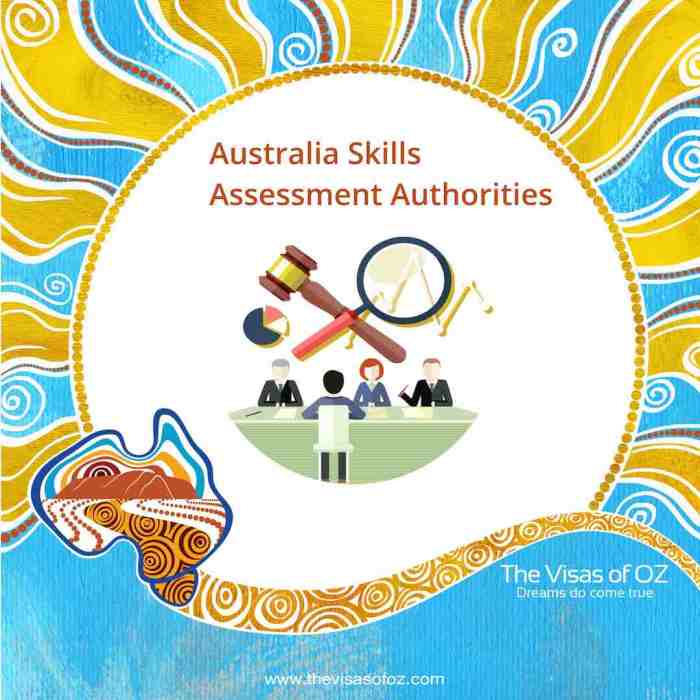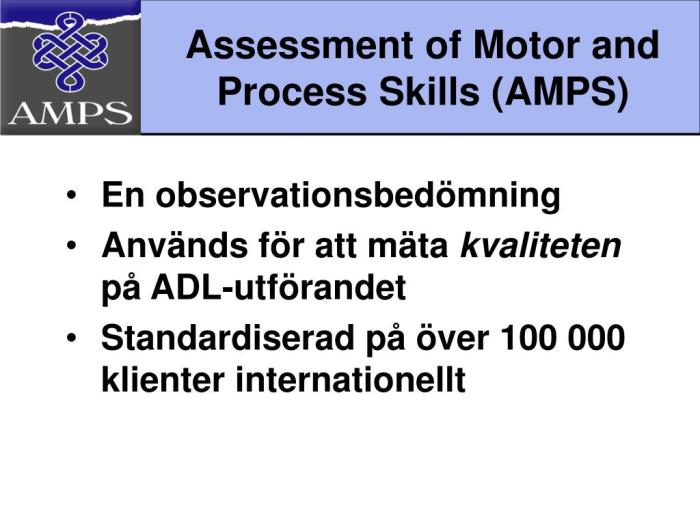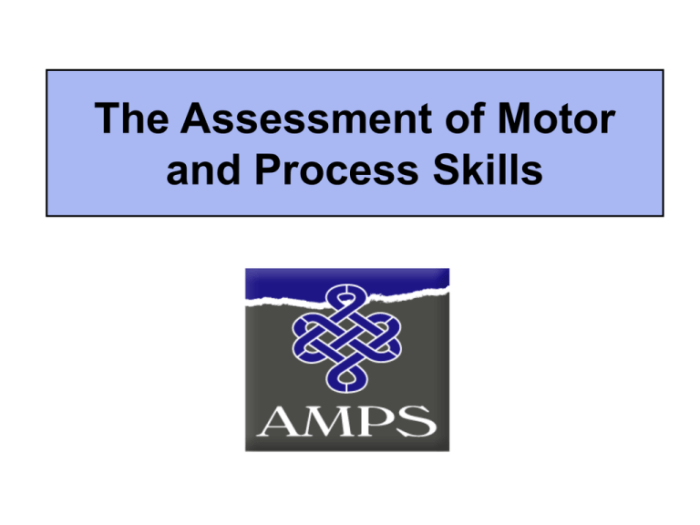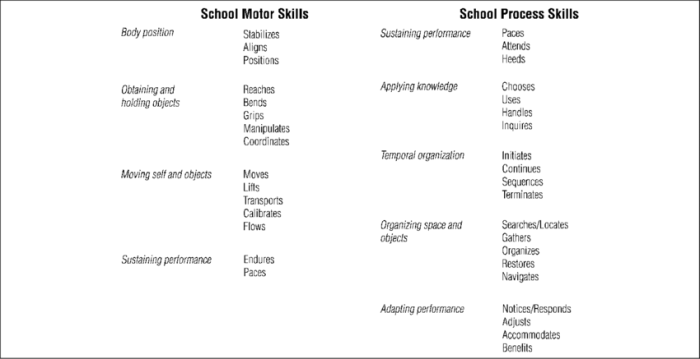The assessment of motor process skills plays a pivotal role in various settings, providing insights into an individual’s ability to execute coordinated movements. This comprehensive guide delves into the multifaceted aspects of motor process skills assessment, exploring its methods, applications, and ethical considerations.
By understanding the nuances of motor process skills assessment, professionals can effectively evaluate an individual’s movement patterns, identify areas for improvement, and tailor interventions to enhance their overall physical performance and well-being.
1. Definition and Scope of Motor Process Skills Assessment

Motor process skills assessment is the systematic evaluation of an individual’s ability to plan, execute, and control motor actions. It involves assessing the cognitive and physical processes underlying motor performance, including coordination, balance, reaction time, and fine motor skills.
Assessing motor process skills is crucial in various settings, such as education, sports, rehabilitation, and healthcare. In education, it helps identify children with developmental delays or learning disabilities that affect motor function. In sports, it evaluates athletes’ performance and potential for improvement.
In rehabilitation, it guides treatment plans for individuals recovering from injuries or neurological conditions. In healthcare, it assesses the motor abilities of individuals with chronic conditions or age-related impairments.
Commonly assessed motor process skills include:
- Gross motor skills (e.g., walking, running, jumping)
- Fine motor skills (e.g., handwriting, tool use)
- Coordination skills (e.g., eye-hand coordination, balance)
- Reaction time (e.g., speed of response to stimuli)
- Spatial awareness (e.g., body position, object location)
2. Methods and Tools for Assessment: Assessment Of Motor Process Skills

Various methods are used for assessing motor process skills, each with its advantages and limitations:
- Observation:Direct observation of the individual’s motor performance in various tasks.
- Standardized Tests:Standardized assessments with established norms and procedures for scoring and interpretation.
- Kinematic Analysis:Use of motion capture systems to measure and analyze the kinematics (movement patterns) of motor actions.
- Electromyography (EMG):Recording of muscle electrical activity to assess muscle activation patterns during motor tasks.
- Transcranial Magnetic Stimulation (TMS):Non-invasive brain stimulation technique to assess motor cortex excitability and connectivity.
The table below summarizes the key features of different assessment tools:
| Method | Advantages | Limitations |
|---|---|---|
| Observation | Real-time assessment, ecological validity | Subjective, influenced by observer bias |
| Standardized Tests | Objective, reliable, normative data | Limited ecological validity, may not capture all aspects of motor performance |
| Kinematic Analysis | Detailed and objective measurement of movement patterns | Expensive, requires specialized equipment and expertise |
| EMG | Assessment of muscle activation patterns | Invasive, can be uncomfortable for the participant |
| TMS | Non-invasive assessment of motor cortex excitability | Limited spatial and temporal resolution, requires specialized equipment |
FAQ Compilation
What is the significance of motor process skills assessment?
Motor process skills assessment plays a crucial role in identifying and addressing movement difficulties, enhancing physical performance, and promoting overall well-being.
How are motor process skills commonly assessed?
Motor process skills are typically assessed through standardized tests, observational scales, and biomechanical analysis, each with its advantages and limitations.
What are the ethical considerations involved in motor process skills assessment?
Informed consent, confidentiality, and respect for the individual’s autonomy are paramount ethical considerations in motor process skills assessment.

